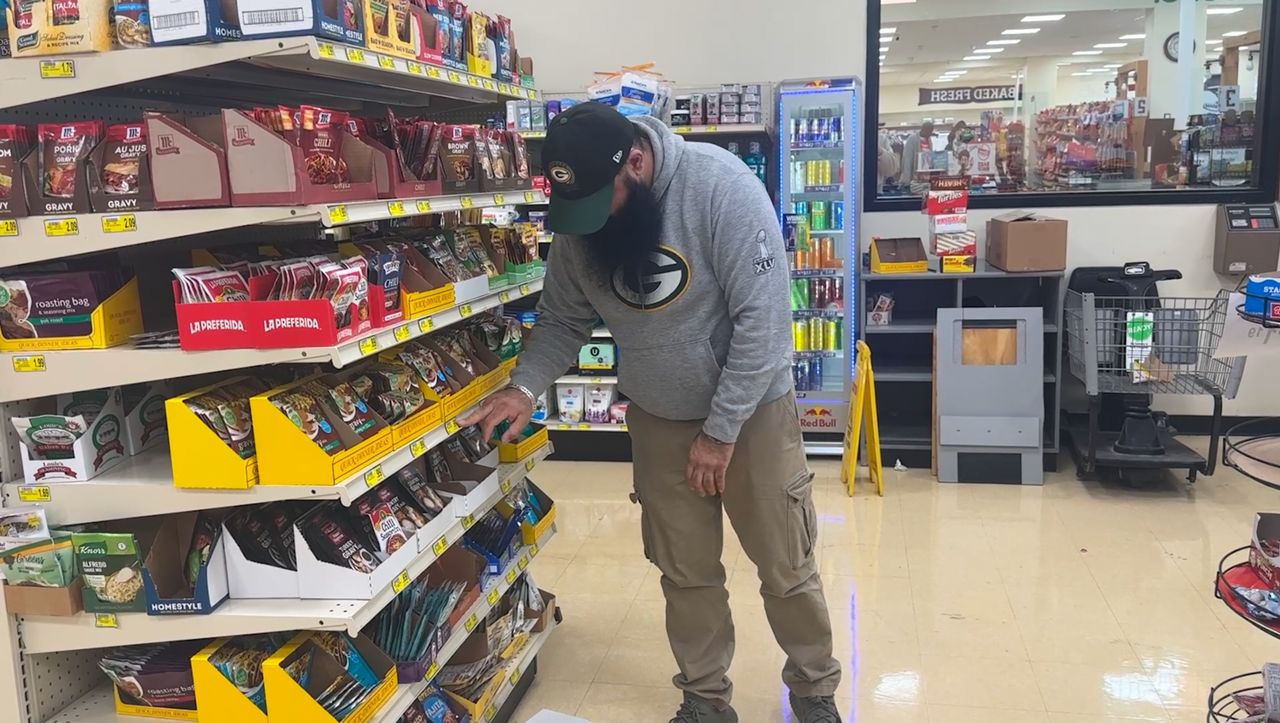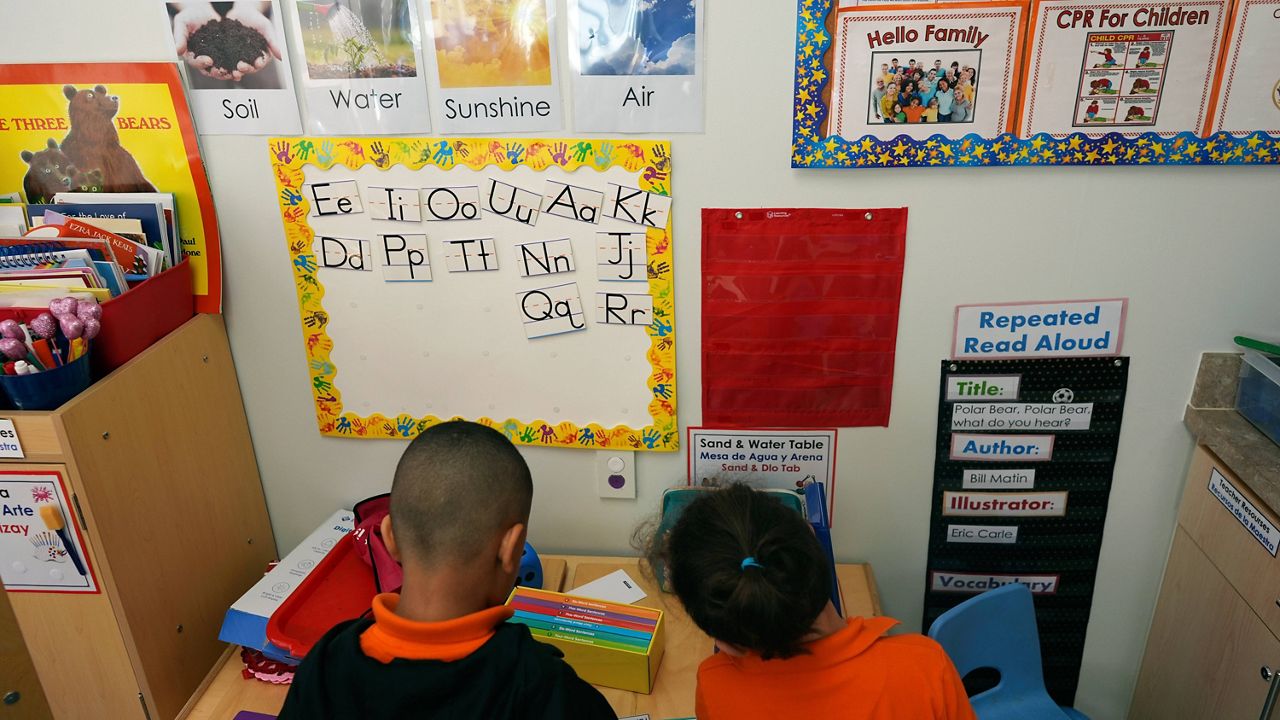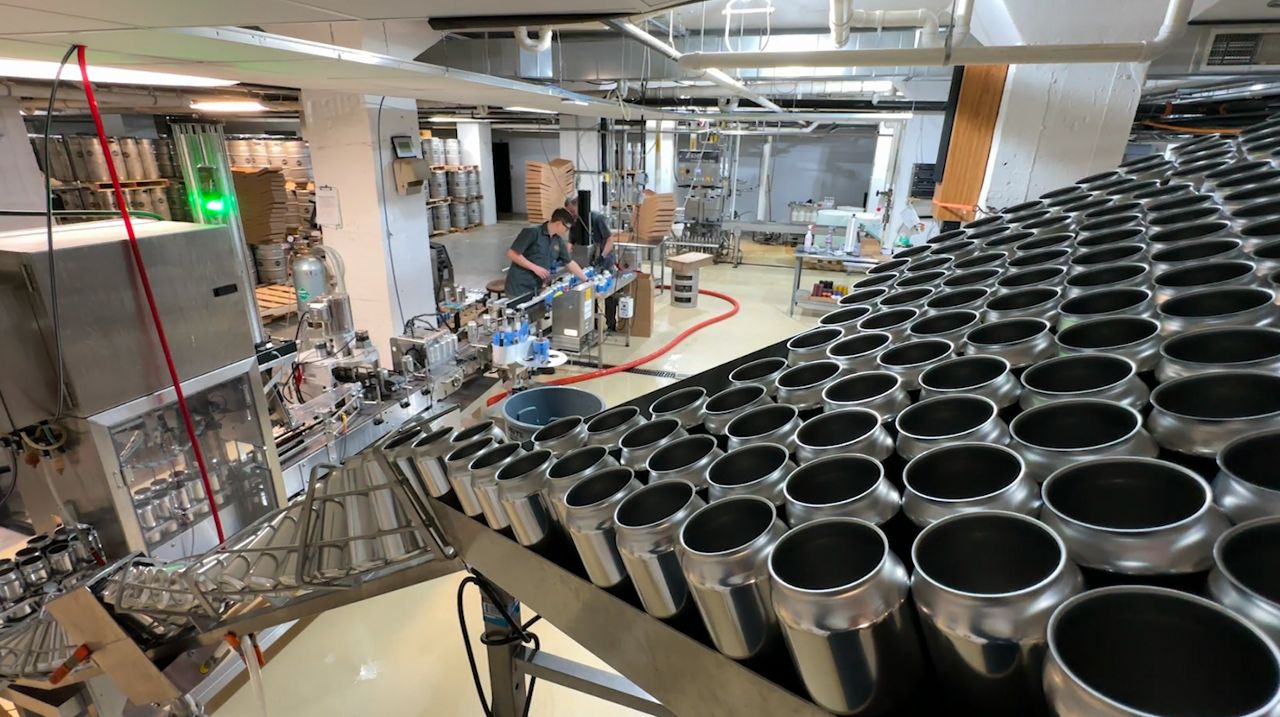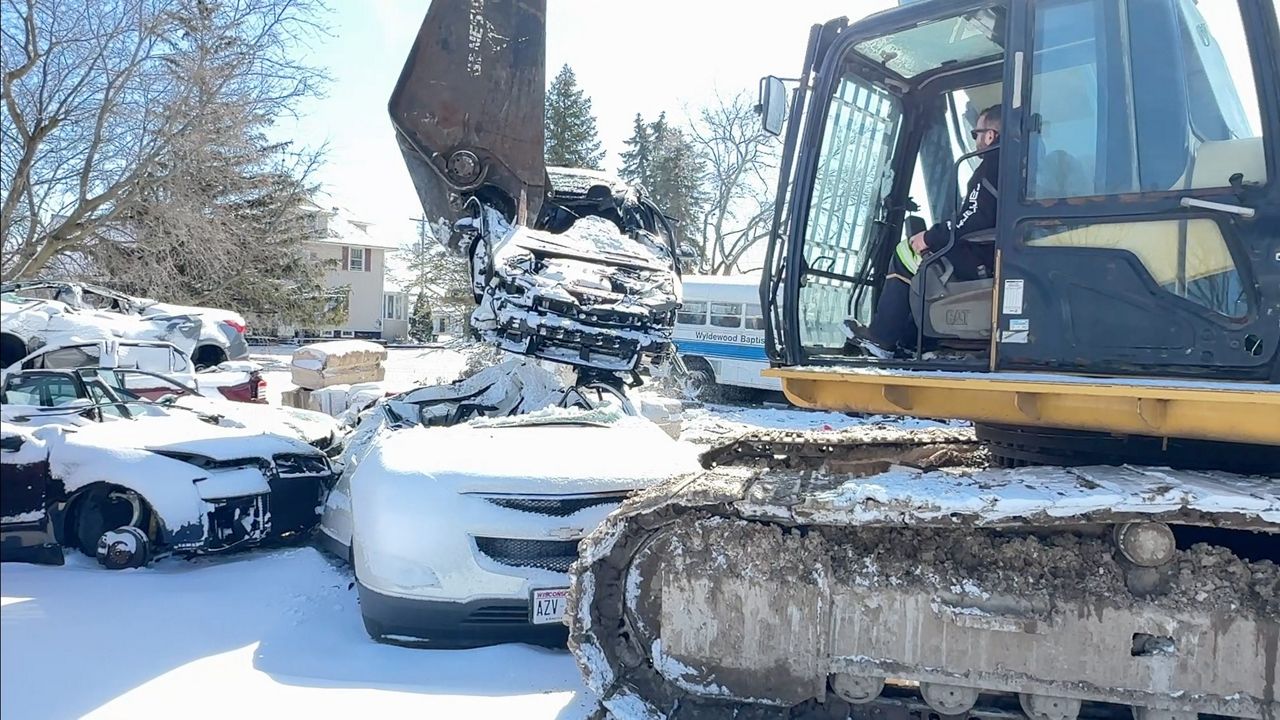GREEN BAY, Wis. — Norovirus and pertussis cases are surging in Wisconsin, according to state and federal health officials.
According to federal health officials, cases of pertussis, or whooping cough, are the highest they’ve been in a decade. Wisconsin is seeing some of the worst numbers in the country. Right now, there are at least 2,365 confirmed cases of pertussis in the state.
"It's starting to spread because there's just less of that community immunity,” said Dr. Thomas Huffer, the executive medical director of HSHS St. Vincent Hospital and a pediatrician with Prevea Health. “So, talking about herd immunity again, is probably causing flashbacks to COVID thinking. But you know that herd immunity is down, so we're having a big outbreak this year.”
Huffer said pertussis starts with simple cold-like symptoms that linger and cause bacteria to build up in your body.
"It starts to make that toxin, and that toxin builds up in your system. It's actually the toxin that causes the cough. So, about somewhere between seven and 14 days into the illness, people with whooping cough will go from simple cold symptoms to having a cough, and the cough can be quite severe," he said.
Norovirus has also been on the rise in Wisconsin since the end of November. According to the Wisconsin Department of Health Services, one in every five tests for the virus are coming back positive.
Norovirus is highly contagious and includes similar symptoms of the stomach flu.
"Norovirus is a virus that specifically attacks the gastrointestinal system, so your stomach, your intestines,” said Dr. Long Nyguyen with Prevea Health. “It causes quite severe vomiting and diarrhea.”
Long urged extra caution in protecting young children from the virus.
"You see it a lot in younger populations, like in pediatrics, day care centers. There's a breakoutl it tends to spread pretty quickly," Long said.
As Wisconsinites prepare to celebrate New Year’s Eve at parties and gatherings, both Long and Huffer urged everyone to take health and illness prevention seriously. If you’re experiencing any symptoms of an illness, they recommended staying home.
"Handwashing, cleaning off countertops as often as you can and then, most importantly, vaccinations,” Long said. “We do have vaccinations for COVID or the flu, so if you can get those early on in the season, you're less likely to have severe side effects or severe symptoms.”
While there are antibiotics for pertussis, Long warned that norovirus must run its course. He said if you’re unable to keep fluids down or need medications to help with other symptoms associated with vomiting and diarrhea, you should see a doctor.












